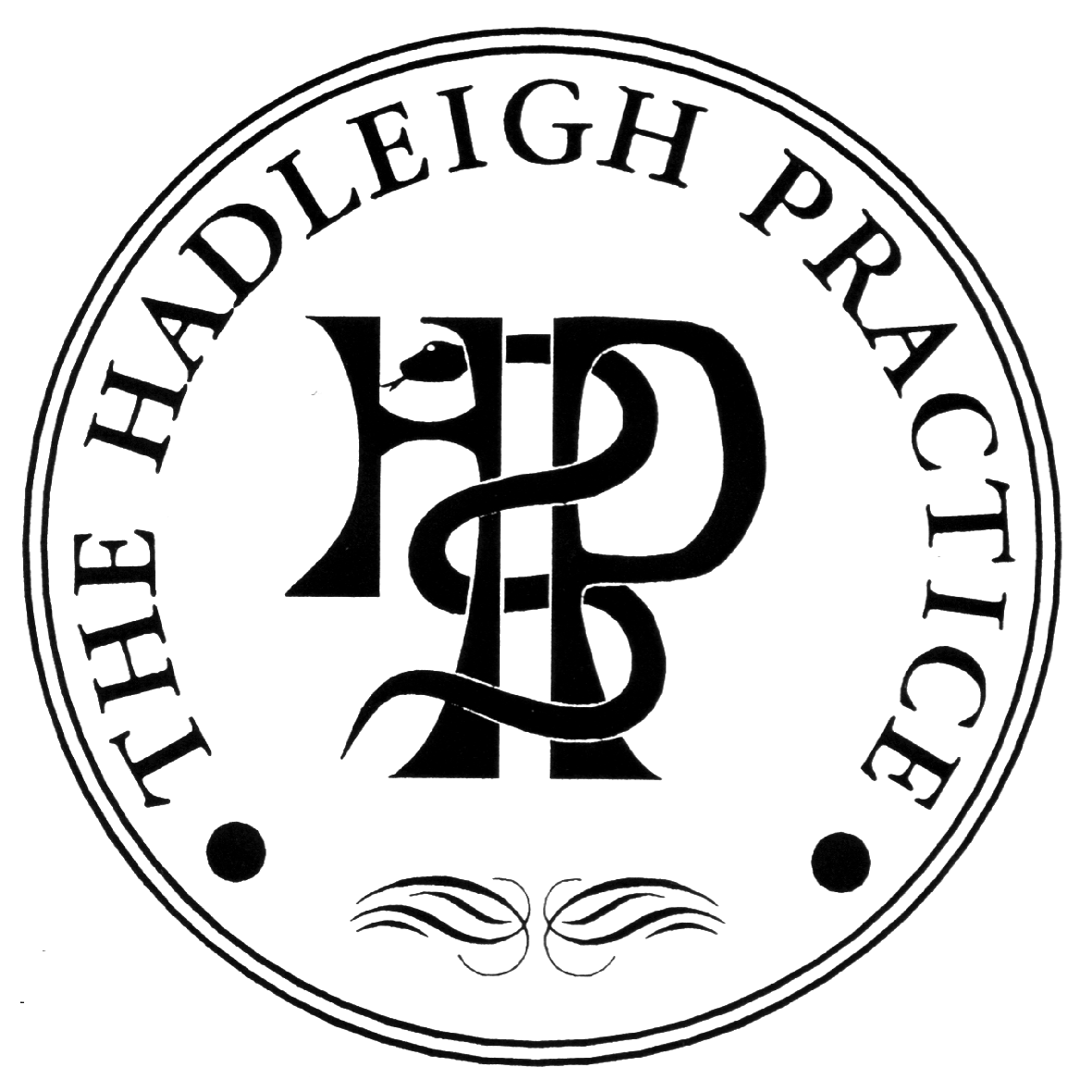We use cookies to help provide you with the best possible online experience.
By using this site, you agree that we may store and access cookies on your device. Cookie policy.
Cookie settings.
Functional Cookies
Functional Cookies are enabled by default at all times so that we can save your preferences for cookie settings and ensure site works and delivers best experience.
3rd Party Cookies
This website uses Google Analytics to collect anonymous information such as the number of visitors to the site, and the most popular pages.
Keeping this cookie enabled helps us to improve our website.
The Hadleigh Practice Newsletter: Spring 2025
April is Stress Awareness Month
Welcome to our Spring newsletter. Winter can be a tough time for a lot of people when they’re dealing with illness, work demands, managing the school holidays and I for one, always look forward to getting through those cold, darker months. It therefore seems appropriate that April is Stress Awareness Month- a time dedicated to raise public awareness about the causes and cures of stress!
I thought I would mention the simple things we can try to help improve our general wellbeing and find effective ways to manage the day to day stress so many of us have to face. Hopefully by following a few tips at the bottom of the newsletter, we can leave the Winter pressures in the past and look forward to a more relaxing time this year.

Practice Updates
This month we said farewell to our Nurse Practitioner, Pauline Gill who was one of the longest running members of the Hadleigh Family with an impressive 25 years under her belt. Pauline will be greatly missed by patients and colleagues, and we wish her all the best for her well-deserved retirement.
In the same month, we were pleased to welcome Natasha Plumb, our new Nurse Practitioner who has already started working across both sites. We hope that staff and patients will help Natasha feel welcome in her new role.
NHS app
As a Practice we highly recommend that patients use the NHS App. The NHS App enables you to order repeat medication, view your test results and your consultation notes without needing to contact the surgery directly. The App is available to people aged 13 and over. You will need to self-register for the NHS App which can be downloaded for Android or iOS.
DNAs
In the last 3 months, we’ve had a total of 624 appointments not attended. You can cancel an appointment by using online services such as the NHS App or SystmOnline, calling or popping into reception. By notifying us we can offer your appointment to another patient, but please try to give plenty of notice.
New phone system
Our new phone system has been in place for a year now and we have seen a noticeable improvement in our time to answer incoming calls. While first thing in the morning remains the busiest time for the Practice, there is an automatic callback option if you’re not able to wait in a queue. If your request is not urgent then it would usually be better to call us later in the day.
Why does the receptionist need to ask what is wrong with me!?
Our receptionists will always try to connect patients with the most appropriate service for their needs. We’re fortunate enough to have a team of GP’s, Nurse Practitioners, Physiotherapists, Pharmacists, Social Prescribers, Practice Nurses and Mental Health Practitioners. Receptionist staff may therefore ask certain questions to help with the smooth running of the clinics as this helps to allocate appointments correctly and ensure they are not wasted. If you would feel more comfortable, you could always hand a note to the Receptionist, that way you don’t have to discuss your symptoms at the front desk.
Stress Relieving Tips
As mentioned at the beginning of the newsletter here are some stress relieving tips:
Get moving
Yoga, walking, swimming and Martial Arts have all been shown to have specific benefits for stress relief. So even if you’re not an athlete, a little regular activity can go a long way in helping manage your stress levels.
Prioritise your health
It can be hard to constantly think about prioritising your health. Life is busy and most people have lots to juggle with work and home life. It is therefore important to make a plan and hold yourself accountable. Don’t try to change everything at once. Pick one thing that is your priority and try to stick to it. It doesn’t always have to be a huge change as small changes will also add up eg drinking more water, taking the steps instead of the lift, parking further away.

Master your time
In order to become more efficient at managing time, it is crucial to get better at estimating the amount of time things will take. Like any form of exercise, the more you practise this, the easier it will become so try and make a time management exercise part of your regular routine eg pick a few tasks that you are going to be working on over next few days. Write down an estimate to how long you think each task will take. When you are then working on the task, keep a note of how long you actually spend on each one. Once you have completed all of your tasks, compare your estimates with actual time spent.

Get a good night’s sleep
A good night’s sleep is incredibly important for your health. Anyone who has had a good night’s sleep know the feeling of waking up well rested and feeling on top of the world. Sleep is just as important as eating healthy and exercising for your overall wellbeing. Here are just 4 ways that sleep will improve your health:
- You will be able to maintain your weight. Poor sleep is strongly linked to weight gain. Your body needs sleep to normalise the weight-control hormones. In fact, short sleep duration is one of the strongest risk factors for obesity.
- You will be more relaxed and therefore be able to cope better with the pressures of the day. You will help yourself avoid building up high levels of the stress hormones -cortisol and adrenaline which can prevent you from having good quality deep sleep.
- You will be ill less frequently. Even a small loss of sleep has been shown to impair immune function and your ability to fight off infection. More and more studies are now showing that if you skimp on sleep, you are likely to get ill. The more sleep you get, the more you create the optimum environment for your natural defences to work well.
- You will reduce the risk of heart disease or stroke. It’s known that sleep quality and duration can have a major effect on many health risk factors. These are the factors believed to drive chronic diseases, including diabetes and heart disease. A review of 15 studies found that people who don’t get enough sleep are at far greater risk of heart disease or stroke than those who sleep 7–8 hours per night.
For more information on ways to reduce stress levels, please have a look at the link below.
Stress Awareness Month 2025 Resource Page - The Stress Management Society
I hope this Newsletter has been a useful read. If there are any suggestions for future topics then we would be happy to hear from you.
Dr Stone
Published: Mar 20, 2025
